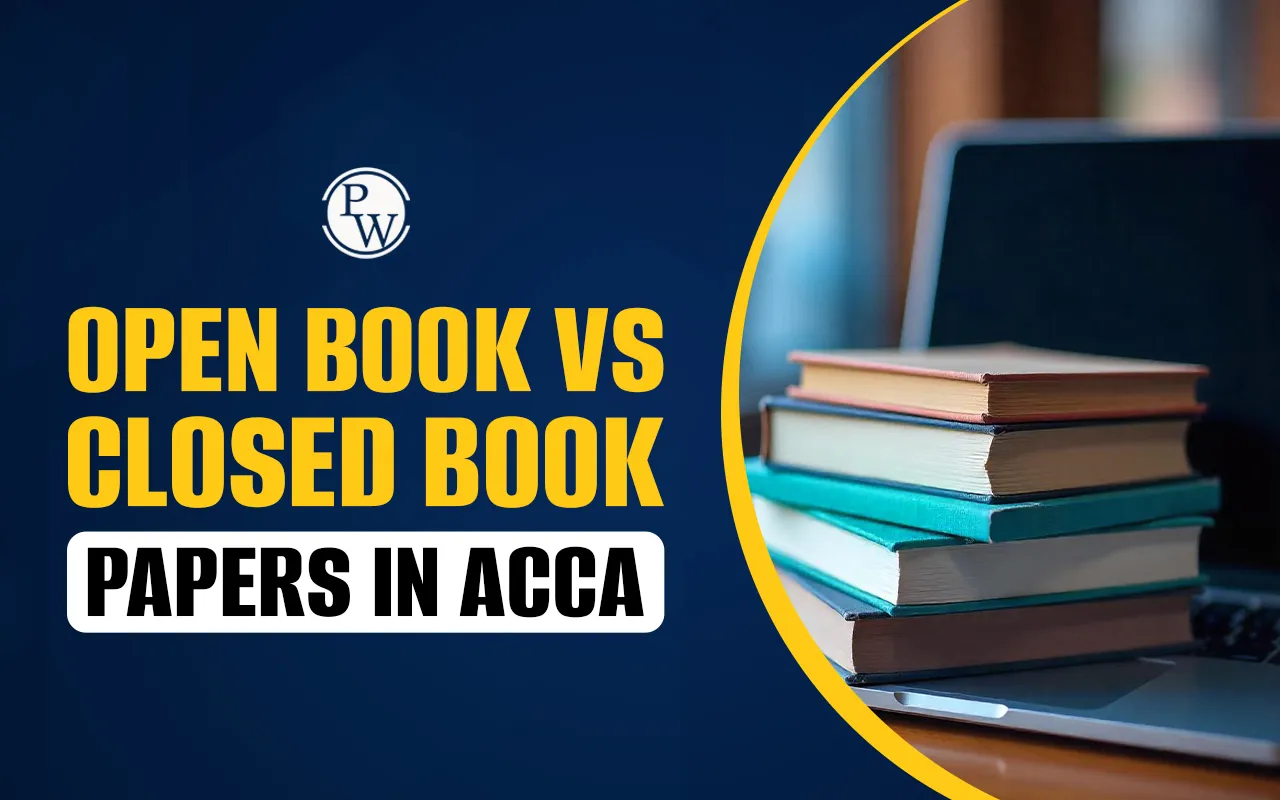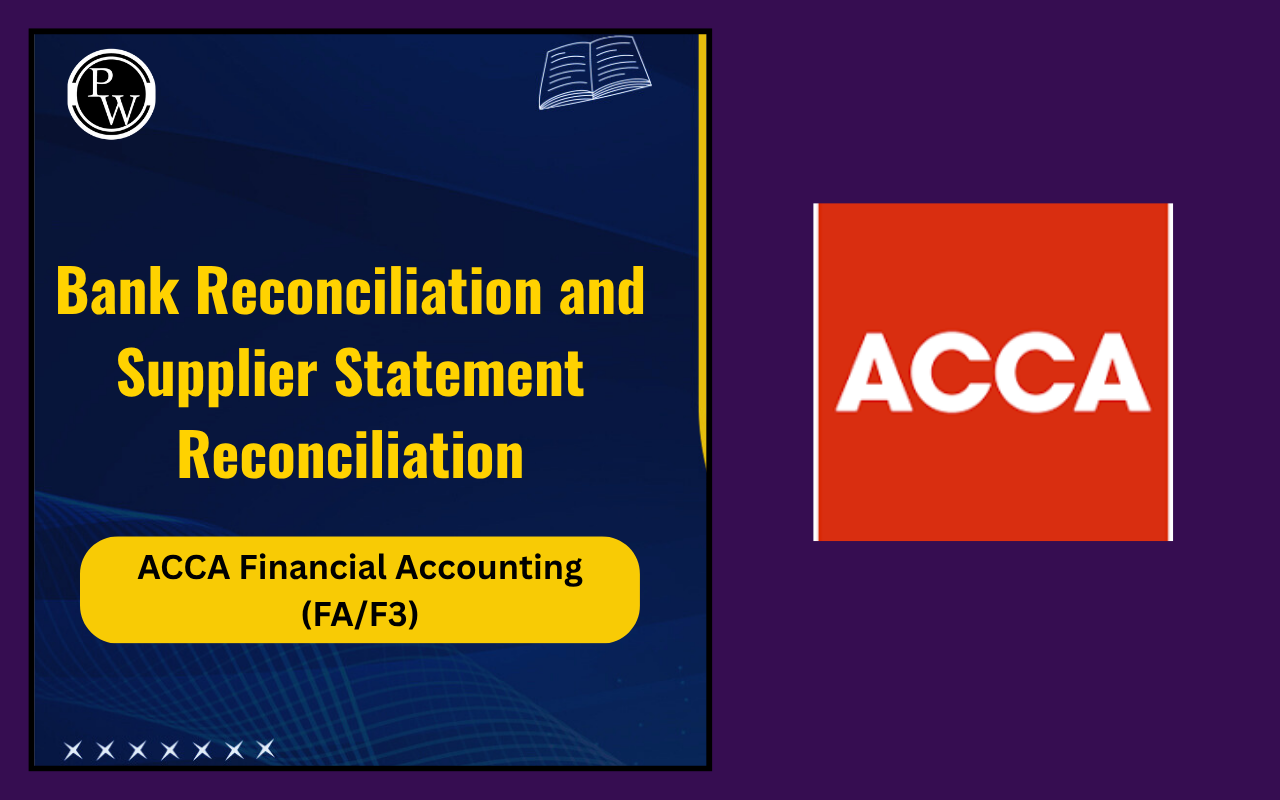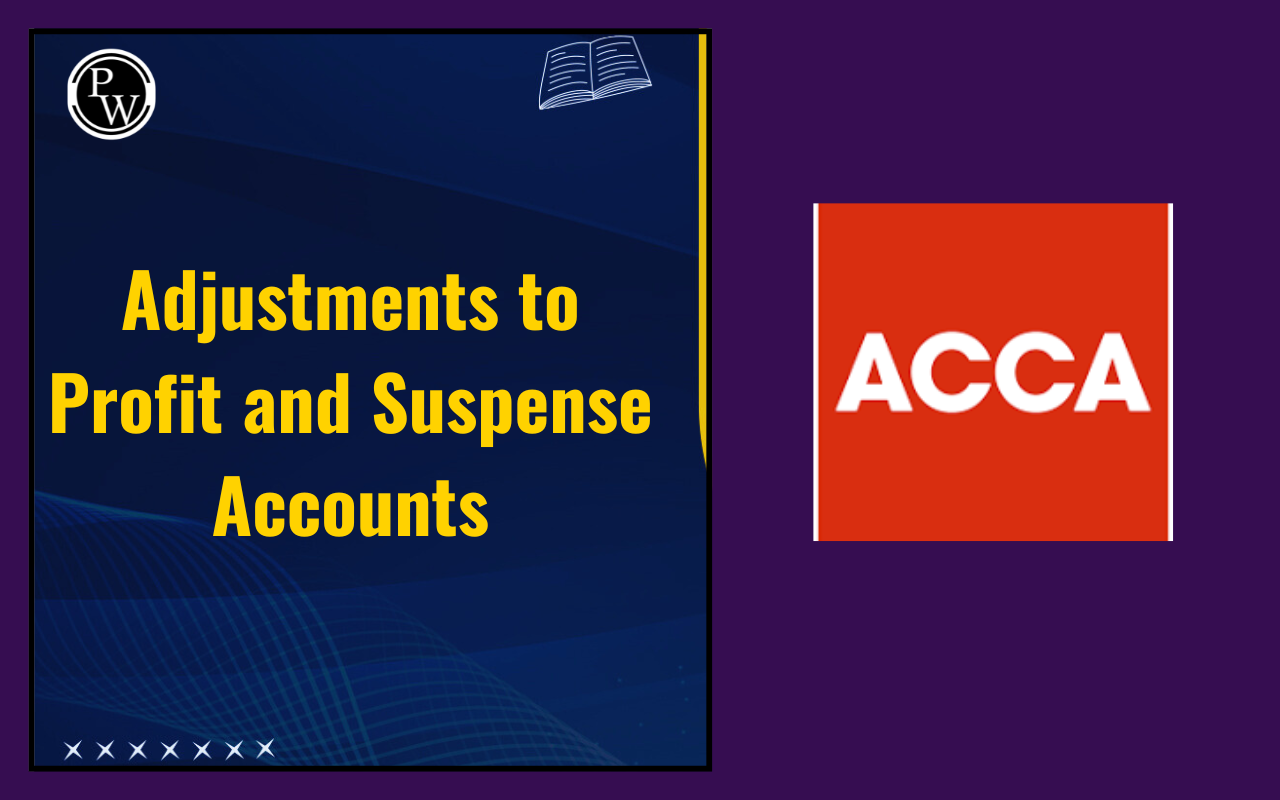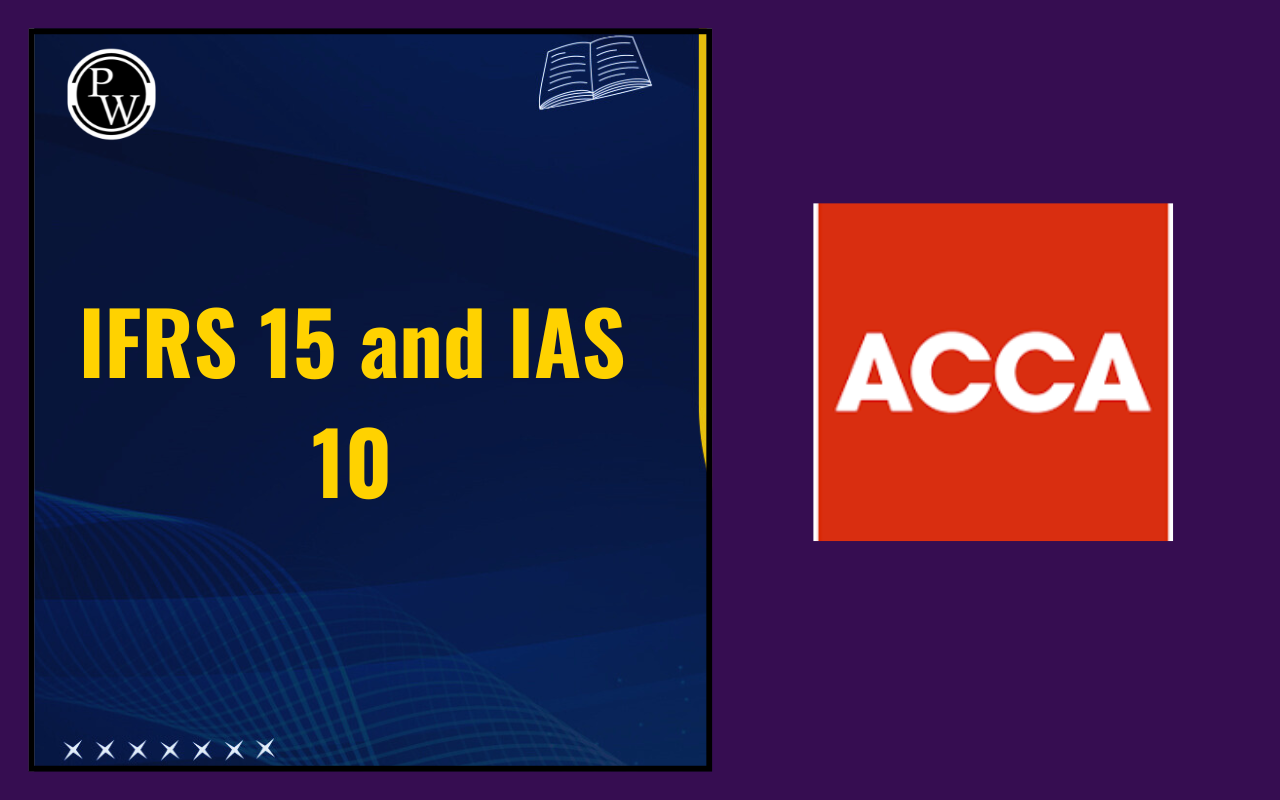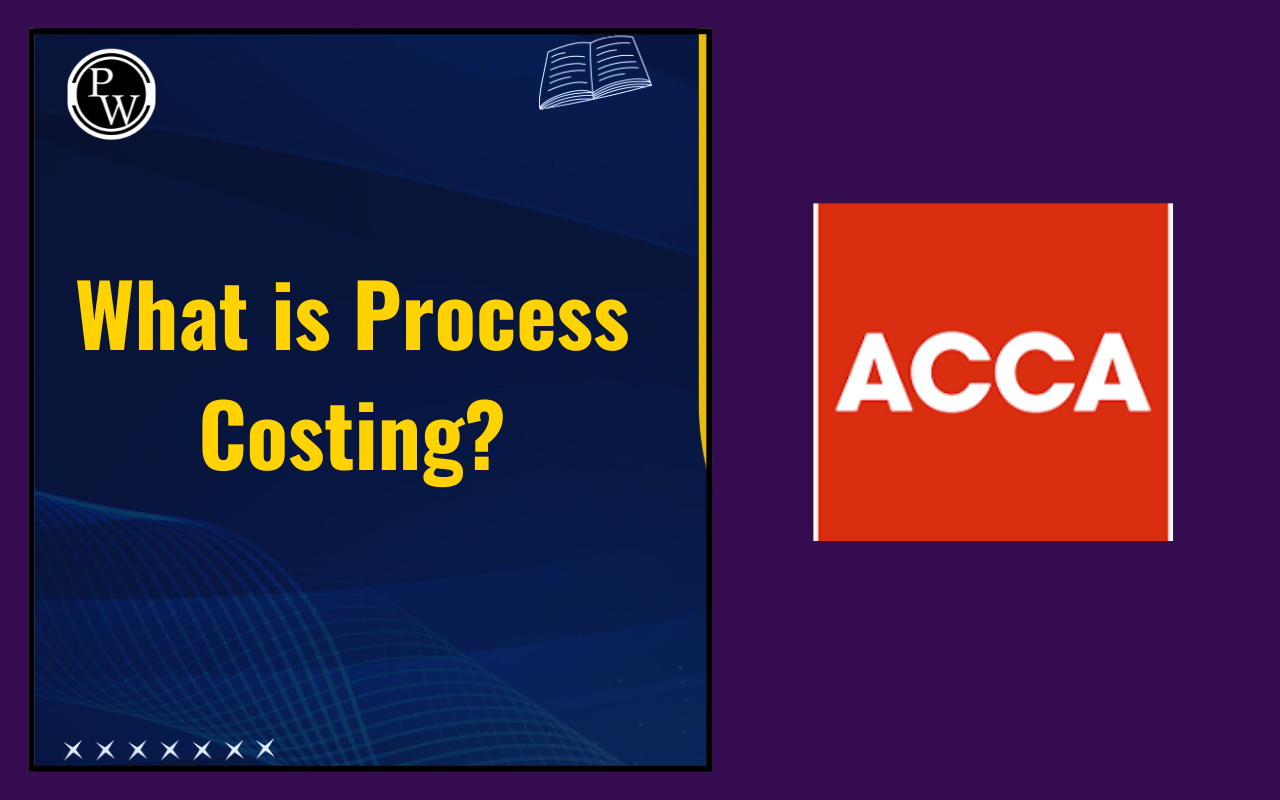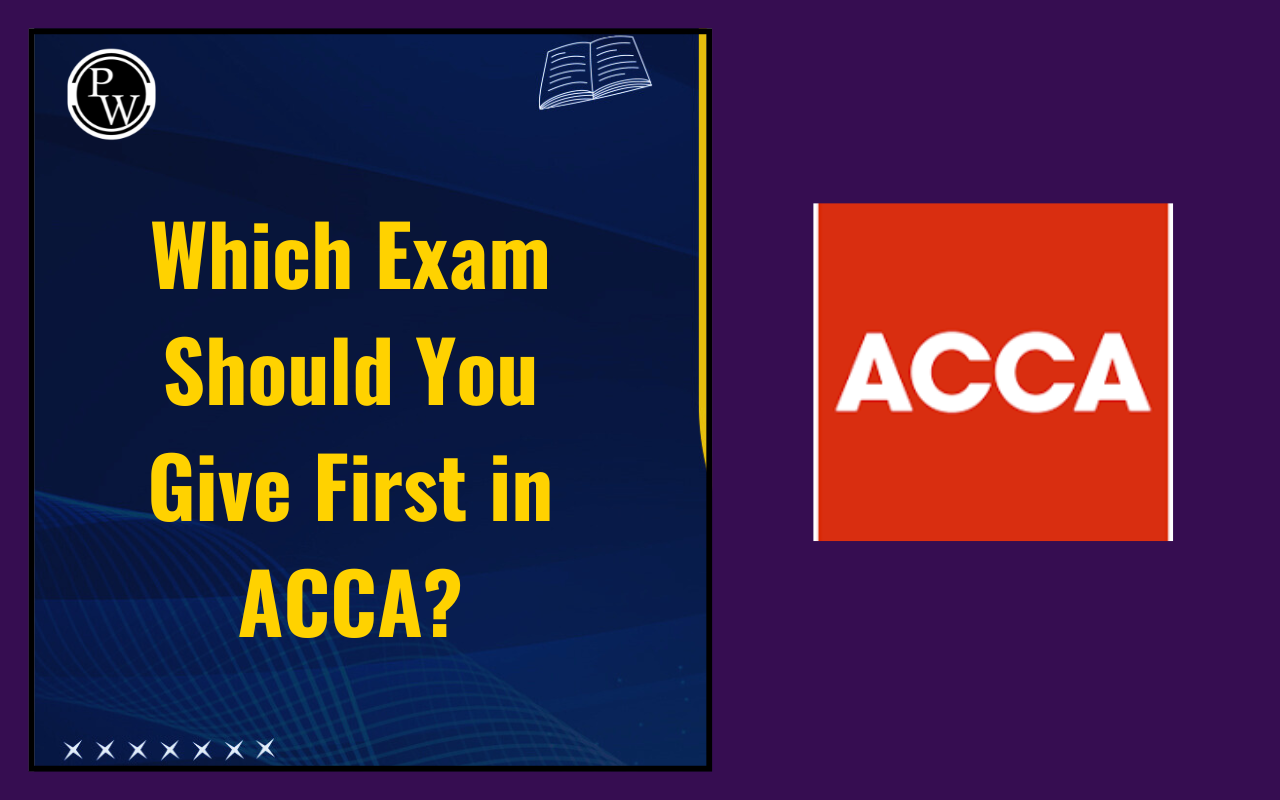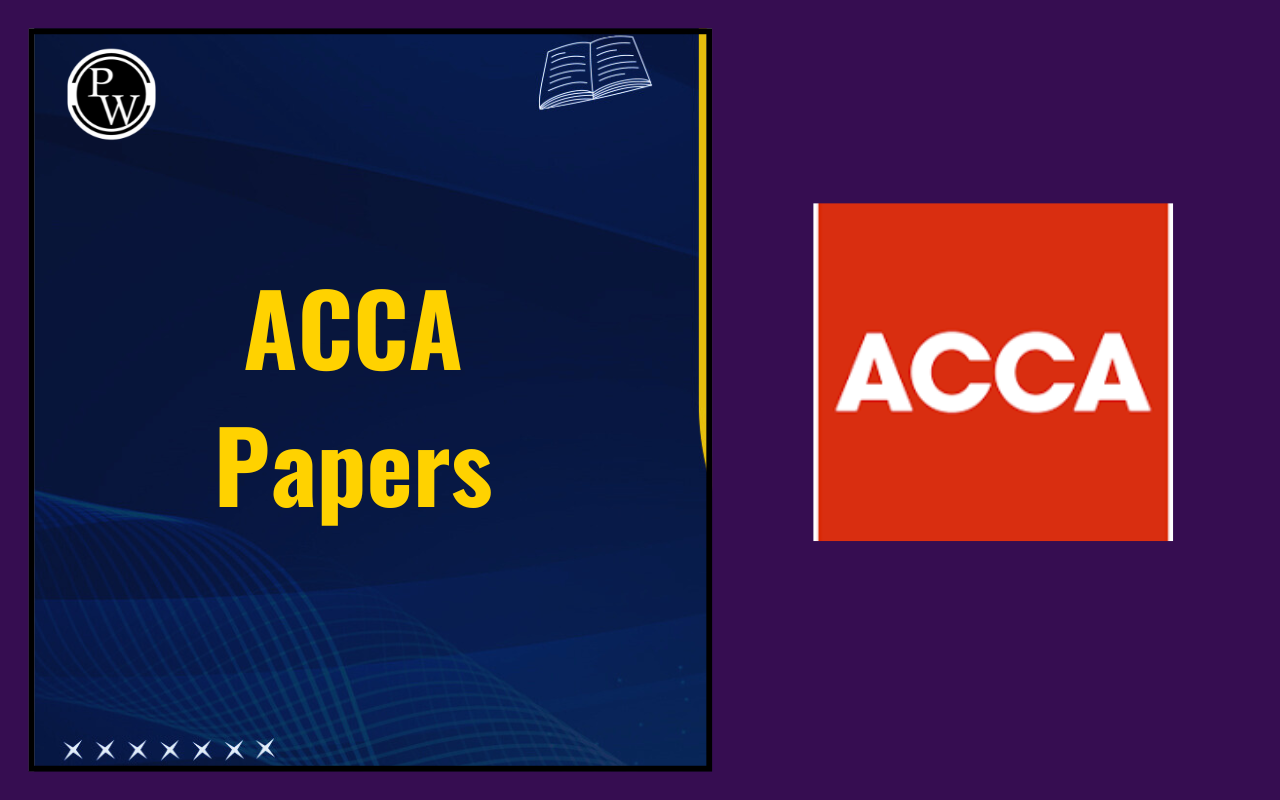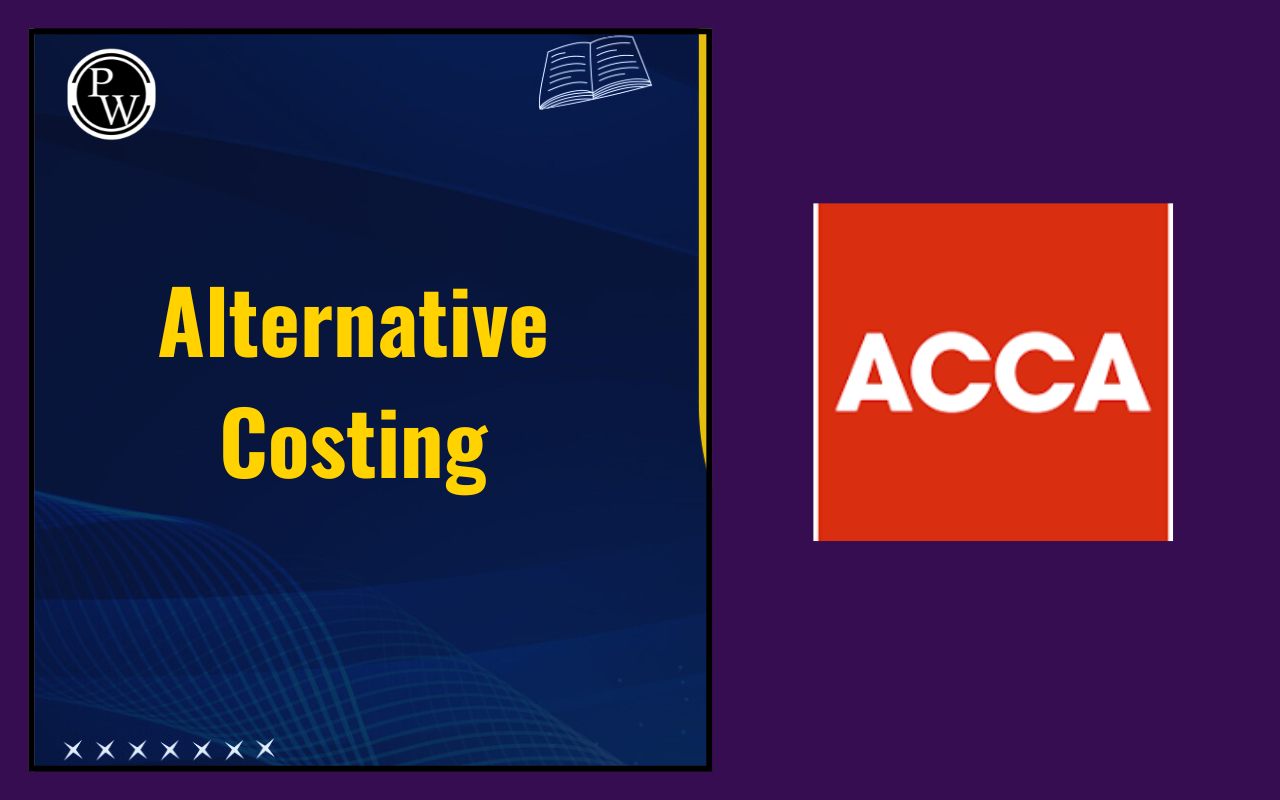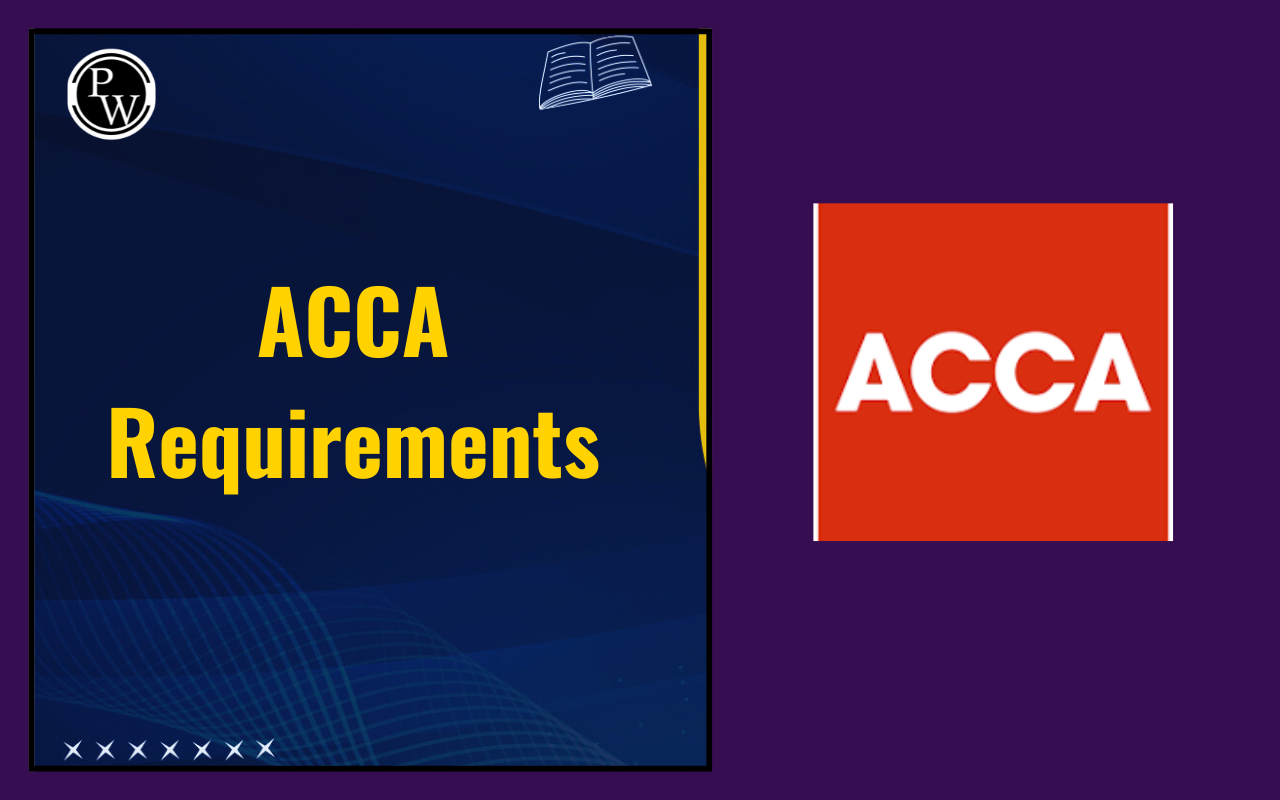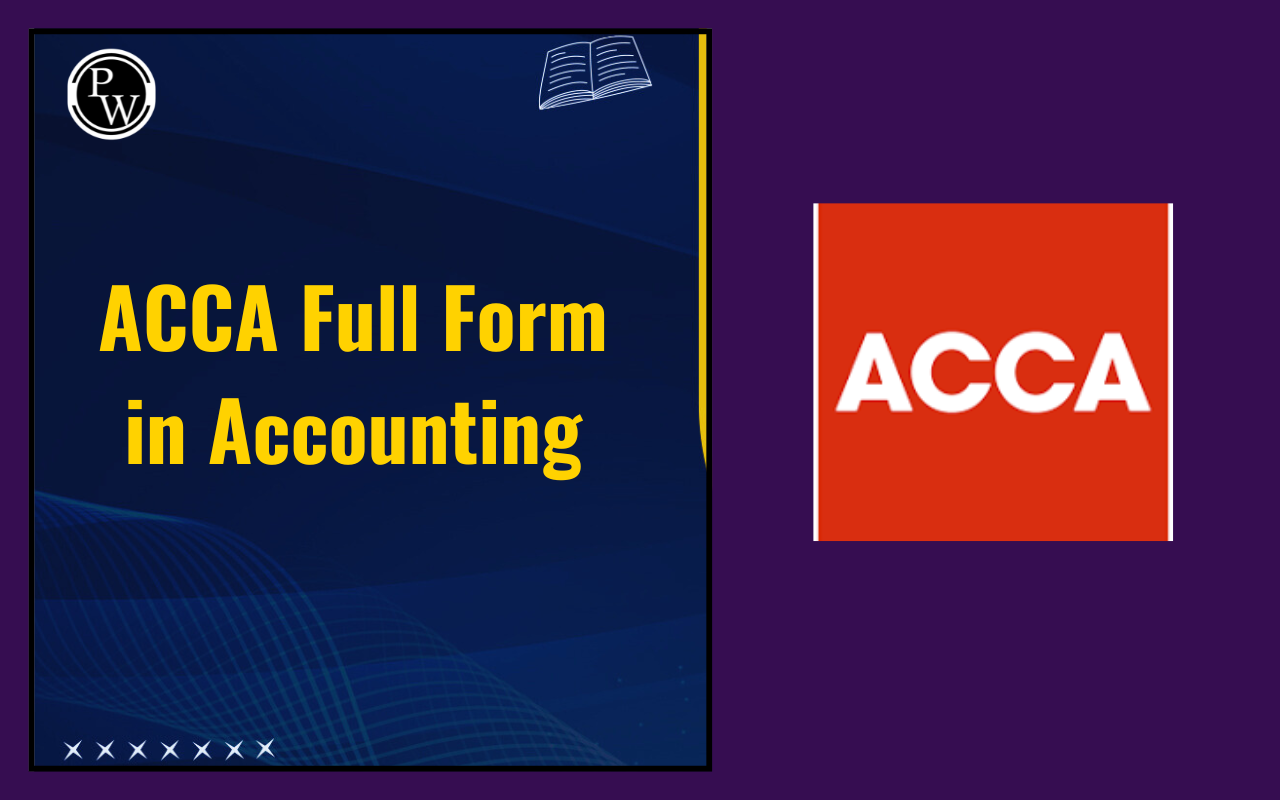
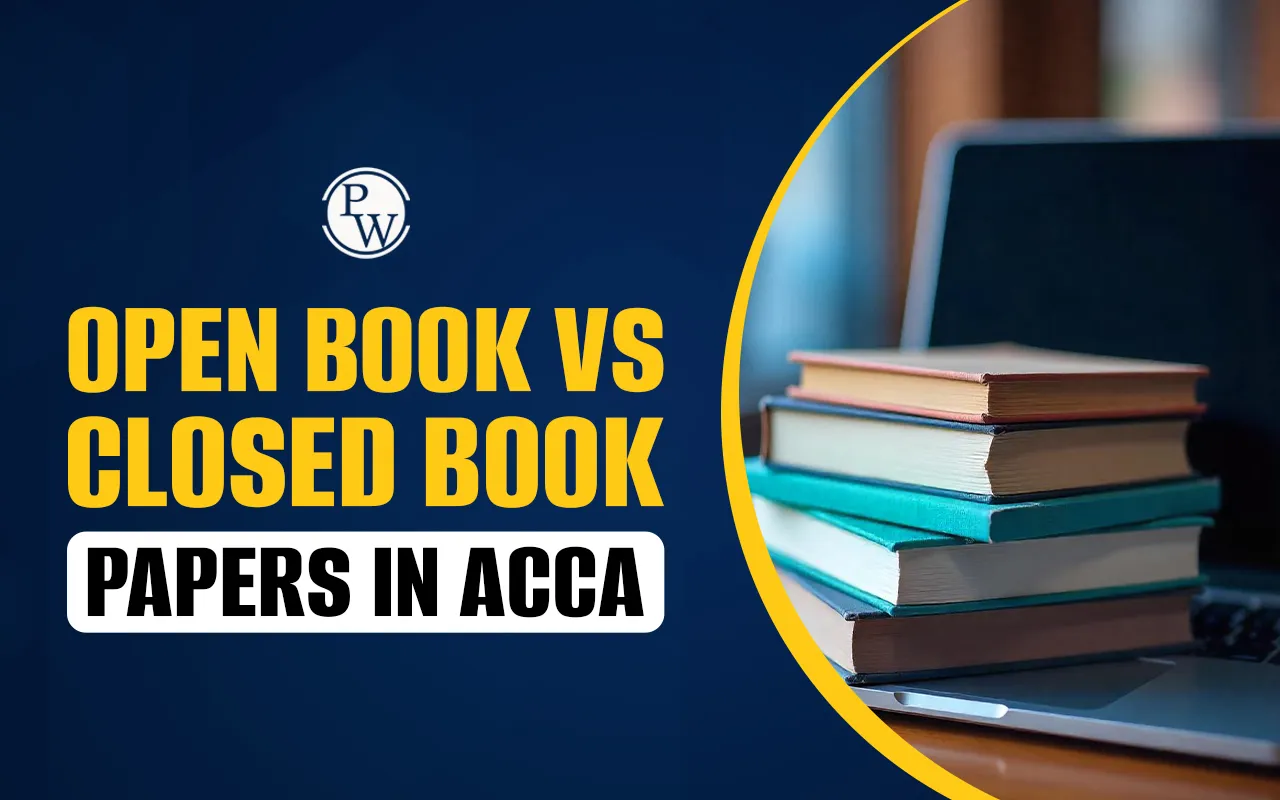
ACCA Open Book Papers: When preparing for ACCA exams, it is important to know about the type of paper students will face. The main formats are ACCA Open Book Papers and closed-book papers. Both have different rules, and students should understand them well. This will help in planning revision and following the ACCA exam rules.
What are ACCA Open Book Papers?
ACCA Open Book Papers give permission to students to take written or printed study materials into the exam hall. This can include some textbooks, printed notes, or study guides. Some papers may also allow highlighting of keywords or phrases. These study materials act as support for the students during the exam, but they cannot replace preparation. Students should still study and practice.
ACCA Open Book Papers are designed to test the understanding of students, not only memory. Having material with students is helpful, but they should know how to use it quickly. The exam checks how they apply knowledge to problems, not just if they can find the answer in the book. According to acca exam rules, the material students bring must meet the given guidelines.
What are Closed Book Papers?
Closed-book papers do not allow any material inside the exam hall. Students cannot take books, notes, or printed guides with them. Everything must come from their memory and preparation. Most ACCA exams are closed-book. These exams check how well they can recall knowledge and apply it without any support. Students must study deeply before the exam, as no written help is allowed.
ACCA Open Book vs Closed Book Papers
The key difference between ACCA Open Book Papers and closed-book papers is the use of materials. Open-book exams allow certain written materials. Closed-book exams allow none. Both test knowledge, but the approach is different. Open-book exams test application skills, while closed-book exams test memory and understanding.
| Difference Between Open Book vs Closed Book Papers | ||
| Aspect | ACCA Open Book Papers | Closed Book Papers |
| Materials Allowed | Books, notes, or printed study material (within rules). Highlighting of key terms is allowed. | No books, notes, or printed materials. Only exam paper and writing tools are allowed. |
| Exam Focus | Application of knowledge, problem solving, and use of references. | Recall, understanding, and memory-based answers. |
| Preparation Needed | Learn how to use notes quickly, organize material, and practice applying concepts. | Focus on memorization, strong revision, and practicing without any reference. |
| Support in Exam | Written material gives comfort, but it still needs a good understanding. | No support, full reliance on preparation and memory. |
| Time Management | Time may be lost searching through books if not well prepared. Efficient use of material is key. | Time is managed through recall and practice, no searching is needed. |
| Exam Experience | Less stressful for some, as resources are available, but requires skill to use them correctly. | More challenging, as students must rely only on what they studied. |
| Risk Factors | Risk of over-reliance on material or wasting time searching. Need to follow acca exam rules strictly. | Risk of forgetting key points or formulas since no material is allowed. |
| Skill Tested | Understanding, interpretation, and application of learning. | Memory power, clear concepts, and exam practice. |
Both ACCA Open Book Papers and closed-book papers test important skills in different ways. Open-book exams allow the use of materials, but they check how well students can apply concepts. Closed-book exams focus on memory and understanding without any support. Students should prepare according to the exam format and follow acca exam rules carefully. Success comes from practice, planning, and a clear understanding, whether the exam is open-book or closed-book.
ACCA Open Book Papers FAQs
What are ACCA Open Book Papers?
What materials are allowed in ACCA Open Book Papers?
How are ACCA Open Book Papers different from closed book exams?
Do ACCA Open Book Papers mean less preparation is needed?

